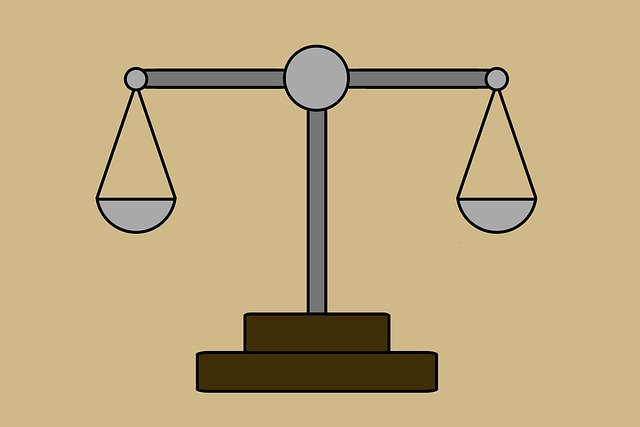Criminal Defense Attorneys are key in protecting individuals from Intellectual Property (IP) claims, specializing in patent, copyright, and trademark laws. They navigate complex cases, defend against infringement allegations, and safeguard clients' financial stability and reputations. By strategically analyzing evidence, presenting robust defenses, and considering legal and ethical aspects, these attorneys secure just outcomes in high-stakes IP cases. Case studies highlight successful strategies, influencing industry standards and emphasizing the importance of thorough research, creative narratives, and strategic thinking in defending against IP claims effectively.
Criminal defense attorneys play a pivotal role in safeguarding individuals’ rights, especially in intricate intellectual property (IP) cases. This article delves into the essential services they provide when defending against IP claims. We explore their strategic navigation through legal complexities and examine real-world case studies highlighting successful defense tactics. Understanding these strategies is crucial for both professionals and businesses aiming to protect their intellectual assets effectively.
- The Role of Criminal Defense Attorneys in Intellectual Property Cases
- Navigating Legal Complexities: Strategies for Defending Against IP Claims
- Case Studies: Successful Defense Tactics and Their Impact on Industry Standards
The Role of Criminal Defense Attorneys in Intellectual Property Cases

Criminal Defense Attorneys play a pivotal role in protecting individuals and businesses facing Intellectual Property (IP) claims. With the ever-evolving landscape of patent, copyright, and trademark laws, these attorneys are equipped to navigate complex legal territories. They defend against allegations of IP infringement, ensuring that corporate and individual clients avoid indictment for unfair practices. In the realm of white collar defense, their expertise is crucial in mitigating potential liabilities.
These legal professionals employ strategic tactics to safeguard their clients’ interests. By thoroughly examining the facts and evidence, they build robust defenses, challenging the validity of IP claims. Their goal is not only to protect their clients from financial burdens but also to preserve the integrity of their professional reputations. This specialized defense strategy is particularly vital in high-stakes cases where the consequences of a successful prosecution can be severe.
Navigating Legal Complexities: Strategies for Defending Against IP Claims

Navigating Legal Complexities is a critical skill for Criminal Defense Attorneys when defending against Intellectual Property (IP) claims. These cases often involve intricate legal issues, requiring attorneys to delve into the unique nuances of copyright, patent, and trademark laws. A strategic approach is essential; it involves meticulously examining the specifics of each case, from the creation and ownership of intellectual property to the circumstances surrounding its alleged infringement.
Attorneys must be adept at presenting a robust defense, especially in high-stakes cases where clients face significant financial losses or reputational damage. This might include challenging the validity of IP rights, demonstrating fair use, or negating intent to infringe. Understanding the balance between protecting intellectual property and ensuring due process is key, especially in the context of white-collar defense, where complex transactions can inadvertently blur lines. Engaging with both the legal and philosophical aspects, attorneys can effectively navigate these complexities, ultimately securing just outcomes for their clients, while also fostering trust within the philanthropic and political communities.
Case Studies: Successful Defense Tactics and Their Impact on Industry Standards

In the realm of criminal defense, case studies serve as powerful tools to illustrate successful tactics and their profound impact on industry standards. When navigating complex legal battles, particularly in defending against intellectual property claims, attorneys must employ innovative strategies. For his clients’ benefit, these may include thorough research into prior cases, identifying unique legal loopholes, and crafting compelling narratives that challenge the prosecution’s arguments.
One notable tactic involves effectively presenting alternative explanations during jury trials. By doing so, defense attorneys can cast doubt on the accuser’s claims, demonstrating their client’s innocence or mitigating potential charges. This approach has not only secured favorable outcomes in numerous cases but also raised the bar for general criminal defense practices, emphasizing the importance of meticulous preparation and strategic thinking.
Criminal defense attorneys play a crucial role in navigating the complex landscape of intellectual property (IP) law, particularly when defending against claims. By employing strategic tactics and leveraging their expertise, these attorneys can ensure fair outcomes for their clients. The case studies presented highlight successful defense strategies that have significantly influenced industry standards, demonstrating the vital impact criminal defense lawyers have on protecting intellectual property rights. When faced with IP challenges, engaging experienced legal professionals is essential to defending against such claims effectively.






